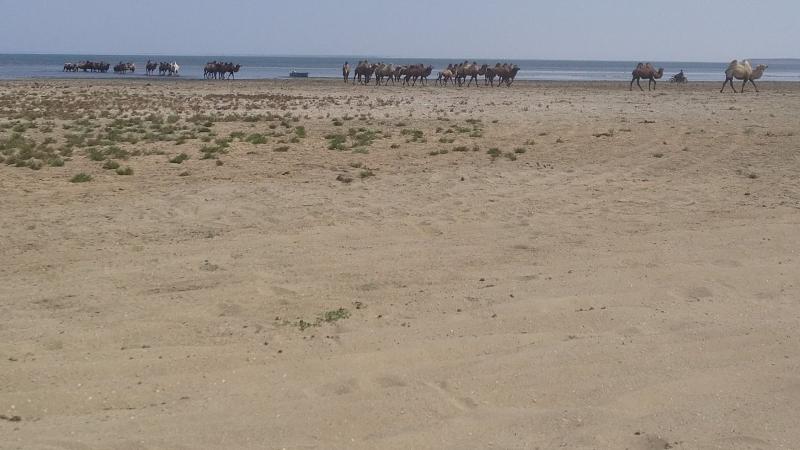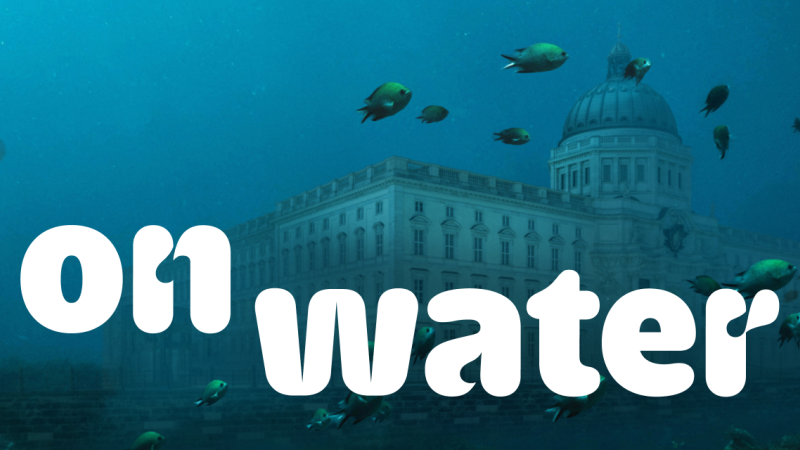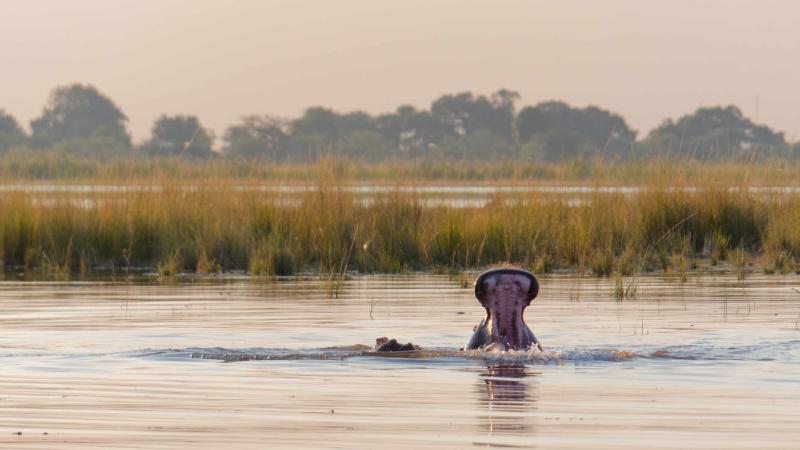
Award ceremony on 29 September 2021 at the annual conference of the DGL. | Photo: DGL

Photo: Elias Ehrlich
1st place for Elias Ehrlich for his work on trade-offs in phytoplankton
„A sumo wrestler cannot be a good distance runner at the same time – an alga that defends itself against predators cannot grow fast at the same time? In the paper, written as part of my doctoral thesis at the University of Potsdam, my co-authors and I were able to quantify for the first time the exact form of a frequently postulated trade-off between defence and growth in the phytoplankton of Lake Constance. In line with our model predictions, we showed how this trade-off affects the observed trait dynamics and diversity in phytoplankton.“ Read the details Open Access in The ISME Journal.
Elias Ehrlich is now modelling pike populations as a postdoctoral researcher in the Boddenhecht project of the IGB research group Integrative Recreational Fisheries Management. He coordinates workshops with all user and stakeholder groups (angling, fisheries, nature conservation, fisheries management, tourism) in order to jointly identify feasible management measures, test their effectiveness on pike stocks, and, at the end of the project, finally hand them over as a recommendation to the Ministry of Agriculture and Environment in Mecklenburg-Vorpommern.

Photo: privat
3rd place for Darshan Neubauer for his work on the microbial degradation of zooplankton
“During my doctoral studies at IGB I studied the microbial degradation of dead zooplankton and its effect on the nutrient and carbon cycle of lakes. Seasonally zooplankton can occur in very high amounts, for example in early summer during the clear water phase of lakes, leading to a high number of carcasses resulting from zooplankton die-off. These carcasses are an important source of nutrients and energy for various microorganisms specialized in organic matter decomposition, such as bacteria and aquatic fungi. This pulse-like release of nutrient-rich and readily degradable organic matter can trigger a variety of microbiological and biogeochemical interactive effects and has the potential to promote the degradation of other natural carbon sources, such as leaf litter, thus providing for increased CO2 production in lakes.“
Darshan Neubauer is leaving the IGB research group Aquatic Microbial Ecology to start at the Brandenburg State Office for the Environment (LfU). Within the project ‘SuBo Lakes – Sustainable Boating on Lakes in Germany’ by the German Federal Environmental Foundation (DBU) he will assess the ecological impacts caused by recreational boating on lakes, and will develop measures to mitigate these.
We congratulate both on the DGL Young Scientist Award and wish them every success for their new projects! The 2nd place has been awarded to Alessandra Iannino from the Helmholtz Centre for Environmental Research (UFZ) for her work on the effects of phosphorus enrichment on the control of stream periphyton.




